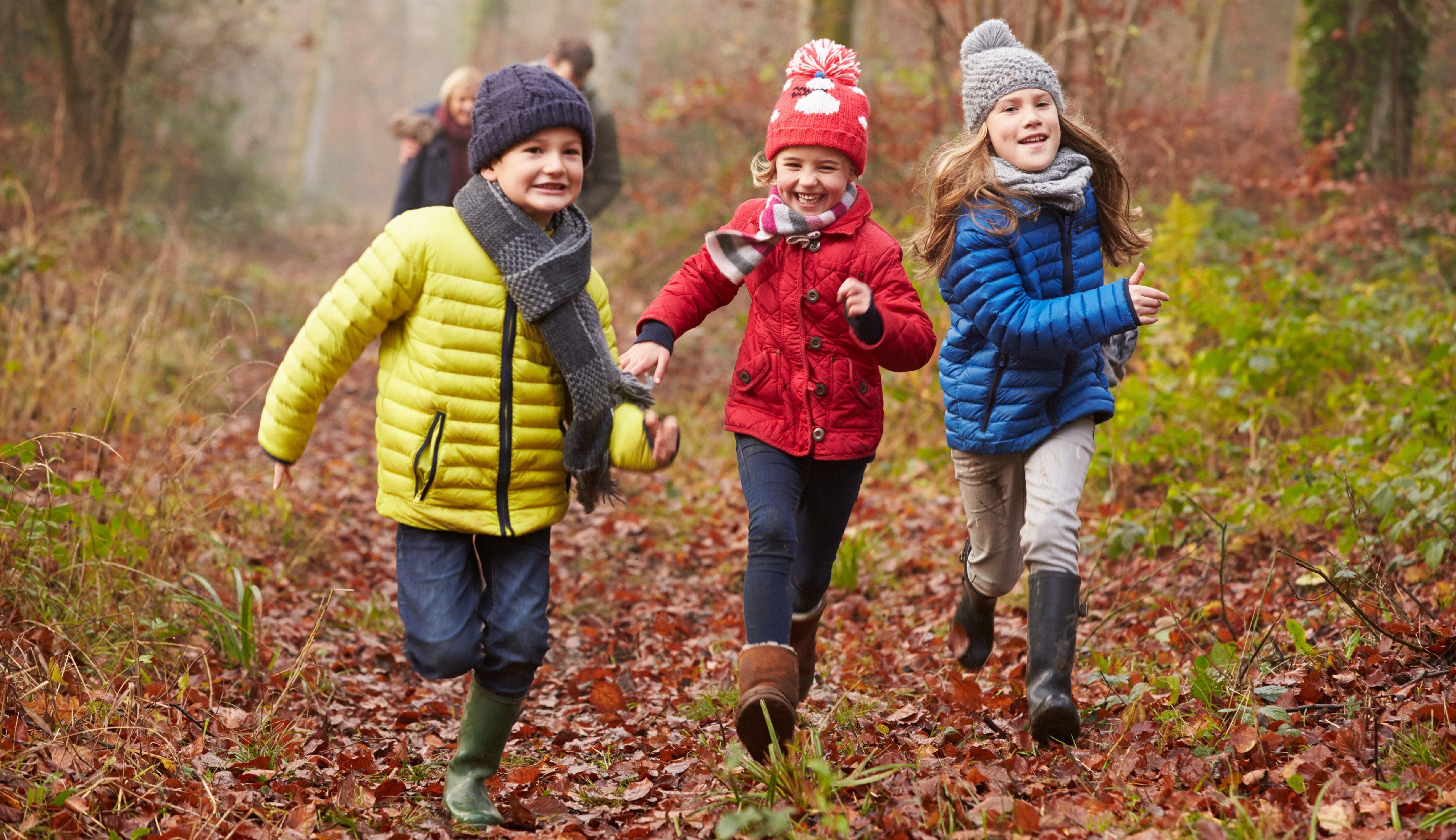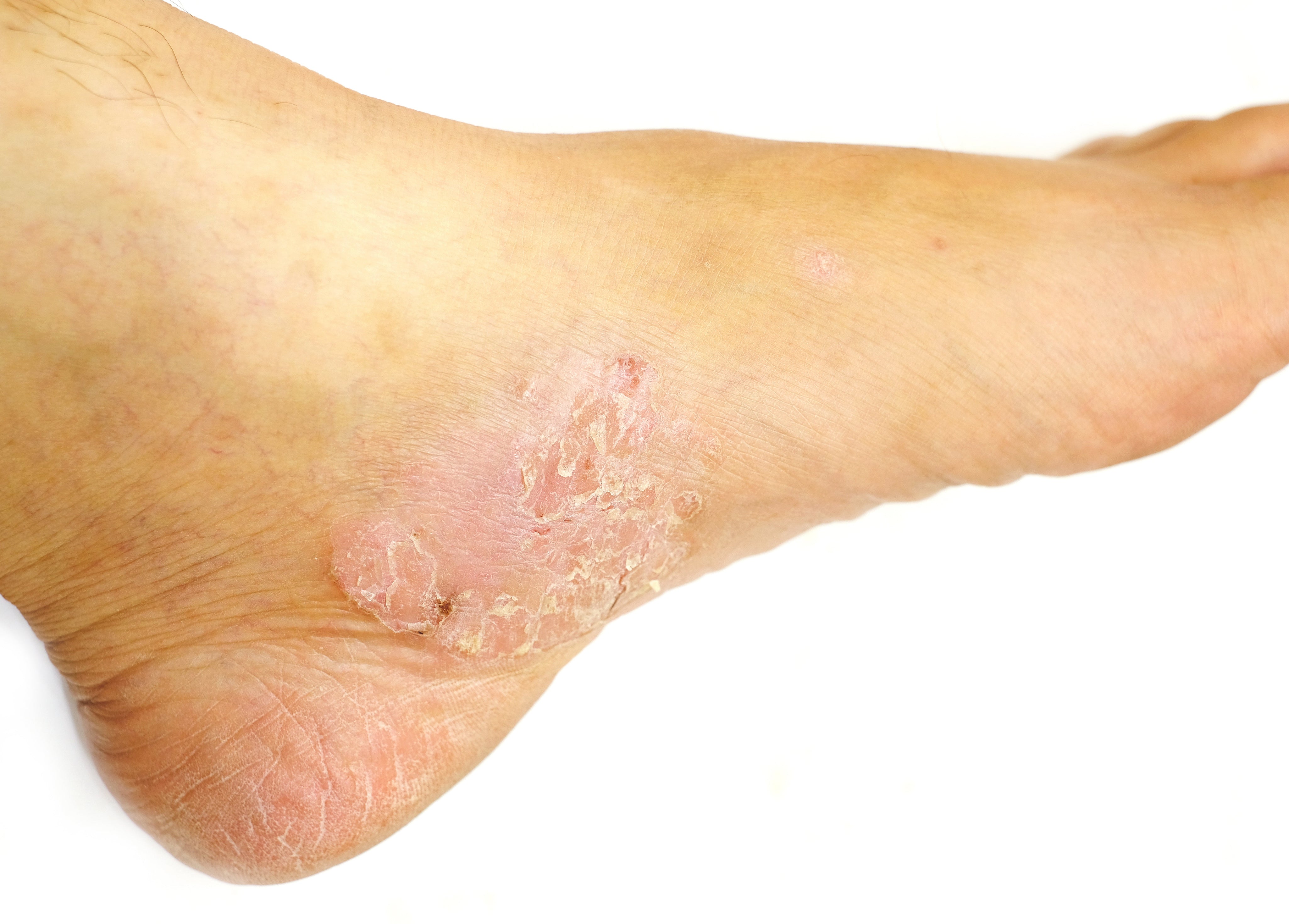In the last two decades, childhood has moved indoors. The average American child spends as few as 30 minutes in unstructured outdoor play each day & more than seven hours each day in front of an electronic screen.
This shift inside profoundly impacts the wellness of our nation’s kids. Childhood obesity rates have more than doubled in the last 20 years; the United States has become the largest consumer of ADHD medications in the world; & pediatric prescriptions for antidepressants have risen precipitously.
Benefits to Body, Mind, & Spirit
Our kids are out of shape, tuned out, & stressed out because they’re missing something essential to their health and development: connection to the natural world. The benefits of getting kids in nature can be seen on many levels:
Body
-
Outdoor play increases fitness levels & builds active, healthy bodies, an important strategy in helping the one in three American kids who are obese get fit.
-
Spending time outside raises levels of vitamin D, helping protect children from future bone problems, heart disease, diabetes, & other health issues.
-
Being outside improves distance vision & lowers the chance of nearsightedness.
Mind
-
Exposure to natural settings may be widely effective in reducing ADHD symptoms.
-
Schools with environmental education programs score higher on standardized tests in math, reading, writing, & listening.
-
Exposure to environment-based education significantly increases student performance on tests of their critical thinking skills.
Spirit
-
Children’s stress levels fall within minutes of seeing green spaces.
-
Play protects children’s emotional development, whereas loss of free time & a hurried lifestyle can contribute to anxiety & depression.
-
Nature makes children nicer, enhancing social interactions, value for community, & close relationships.
Dirt Improves Health & Happiness
While many times getting our hands dirty is frowned upon, some new facts & figures may have parents steering their kids toward the nearest mud puddle. Getting a little dirty in the great outdoors—far from being a bad thing—helps children lead happier, healthier lives.
When we let our kids play in dirt, we're not only allowing them to explore the wonders around them, we are also exposing them to healthy bacteria, parasites, & viruses that will inevitably create a much stronger immune system. Many kids who live in an ultra-clean environment have a greater chance of suffering from allergies, asthma, & other autoimmune diseases that we would otherwise be protected from through the simple pleasure of playing with some nice common dirt.
Studies have shown that simply having contact with dirt, whether it's through gardening, digging holes, or making pies out of mud, can significantly improve a child's mood & reduce anxiety and stress. With antidepressant use in kids on the rise, an increasing number of experts are recognizing the role of nature in enhancing kids' mental health. Dirt can even improve classroom performance.
Outdoor Time Improves Sleep
Many U.S. parents are surprised to learn that their children suffer from persistent sleep deprivation—as much as two hours per day. There are numerous reasons: busy schedules, addiction to television & electronic games, & lack of knowledge about the amount needed. The reality is American children are spending an average of more than seven hours a day staring at electronic media entertainment. Building some outdoor time into children's schedules will help them get a better night’s sleep & receive the associated physical, emotional, & cognitive benefits. Here are three ways outdoor time improves a child’s sleep:
-
Sleep-inducing natural light: Regular doses of bright natural light help children stay more alert during the day, elevate their moods, & make it easier to sleep at night. Exposure to outdoor light in the morning actually helps set their body clock for a better & earlier night’s sleep.
-
The soothing dimensions of more time in nature: Nature has a way of comforting children. It can take away stress & be a haven for kids who are otherwise feeling the pressures of school, family, & social demands. Research has found that children who suffer from attention deficit hyperactivity disorder (ADHD) get significant relief from their symptoms & are able to concentrate better if they spend some time outdoors.
-
Outdoor exercise is better for children than indoors: Exercise can release soothing endorphins into the blood stream & can help with the production of melatonin. Outdoor play encourages activities such as climbing, jumping, running, & tumbling that promote muscle fitness and flexibility. Research shows that moderate to vigorous physical activity in childcare settings increased from one percent indoors to as much as 11 percent outdoors. When outdoor play was child-led, the amount of time further increased to 17 percent.
When it comes to children, fitness is just as much mental as physical. So why not keep your family in shape this weekend mentally & physically by heading outside this weekend? Whether it's a picnic, a hike or a camping trip you can reap the benefits of time spent outside & dirt under your nails.



